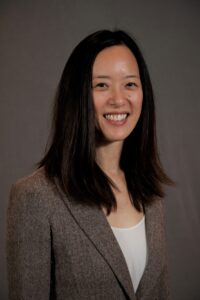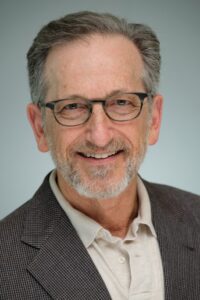
Adobe Stock / New Africa
For more than two decades, the ACR and EULAR have hosted research exchange programs to benefit junior academic rheumatologists and rheumatology professionals. With the addition of Asia Pacific League of Associations for Rheumatology (APLAR) to the program in 2023, the exchanges will continue to promote knowledge sharing and fruitful, personal, international relationships and collaborations.
Origins
The first ACR/EULAR Research Exchange Program took place in 1998, with three junior academic scientists and a more senior scientist traveling to visit academic centers and participate in both organizations’ annual meetings.1 The goal was to foster young professionals’ careers while building international collaborations.
The program continues to thrive. Committees from both organizations select and fund their candidates’ travel, and the hosting organizations plan the programming. Almost 300 scholars have participated in the exchange since its inception.

Dr. Hsieh
“The program opens the scholars’ eyes to different methodologies in the field of rheumatology, enables them to meet international peers and potential mentors and gives them insight into how priorities for research and funding are set in the other regions,” says Evelyn Hsieh, MD, PhD, chair of the ACR’s Global Engagement Committee, which currently oversees the program. Dr. Hsieh is an associate professor of medicine in the Section of Rheumatology, Allergy & Immunology Yale School of Medicine, New Haven, Conn., and chief of rheumatology at the VA Connecticut Healthcare System, West Haven.
The program has expanded to include more scholars, including—for the first time this year—the participation of APLAR. In June, EULAR hosted ACR and APLAR scholars as part of its European Congress of Rheumatology, Milan. As part of ACR Convergence 2023 in November, the ACR hosted 10 EULAR scholars and four APLAR scholars. In December, APLAR hosted ACR and EULAR scholars at its meeting in Chiang Mai, Thailand.
“The program builds upon the broader global network of those who are connected with the ACR,” says Dr. Hsieh, “and we hope this will bring synergies in terms of partnerships and opportunities.”
ACR Convergence 2023 Research Exchange

Dr. Firestein
2023 marks the first year of the exchange program’s return since it was halted in 2020 due to the COVID-19 pandemic. Gary S. Firestein, MD, director of the Altman Clinical and Translational Research Institute (ACTRI) and senior associate vice chancellor for health sciences at the University of California, San Diego (UCSD), co-hosted the 2023 program with Monica Guma, MD, PhD, chief of the Division of Rheumatology, Autoimmunity and Inflammation at UCSD.

